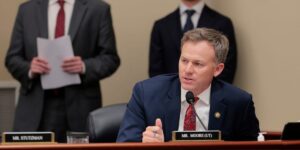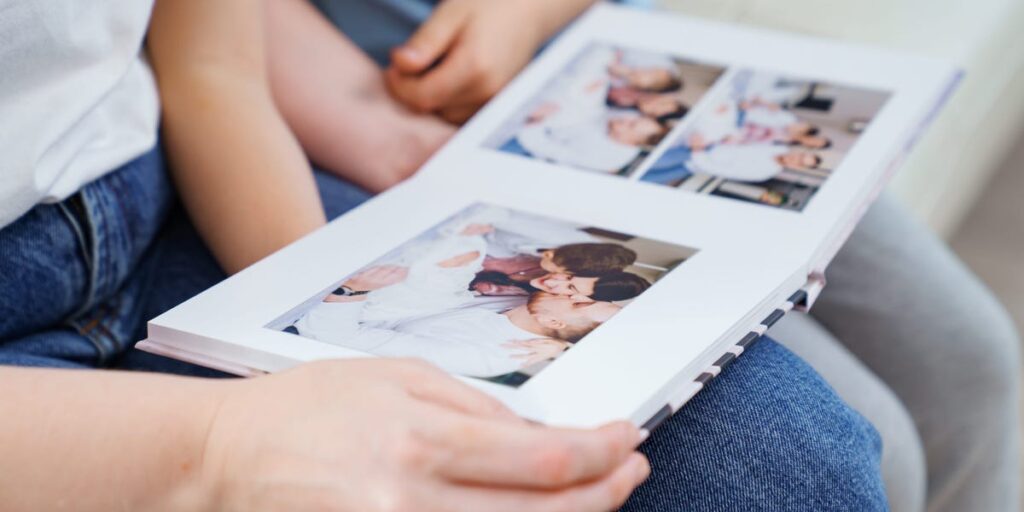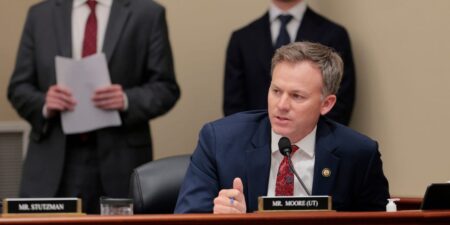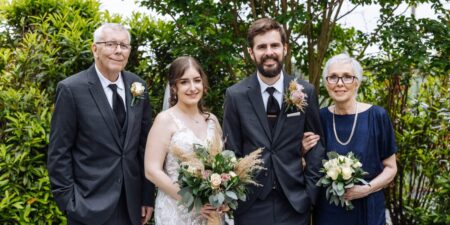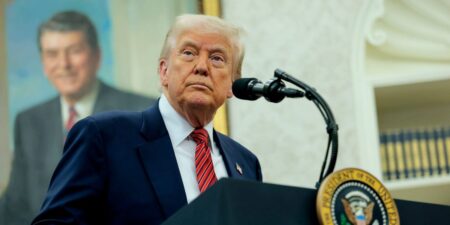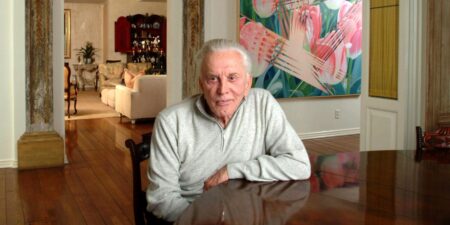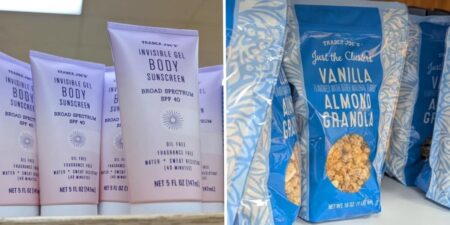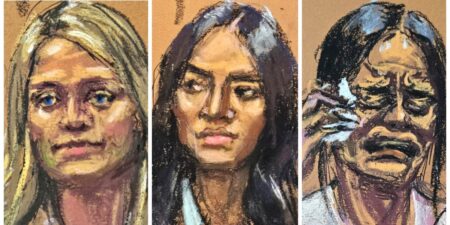I grew up with my grandparents — they raised my brother and me when our parents couldn’t.
My grandfather was plagued with health issues throughout his life, almost dying from hydrocephalus when he was a kid. He had a dent in his head and a hole in his finger. These became party favorites at every family event. Gramps would let all the kids feel both the dent and the hole. My grandmother on the other hand was the picture of health, until her 70s when she was diagnosed with late-stage ovarian cancer. It came as a complete shock when she shared the news with me.
For years, my grandparents battled with their health until the summer of 2013, just after the birth of my fourth child. We got the call that things were not good. My grandfather died on July 7 at Mass General Hospital in Boston of heart failure. My grandmother died less than three months later at the exact hour and minute my grandfather had.
The hardest part of their death was having to tell my kids who were very close to Gram and Gramps.
They struggled with the loss
My kids watched my grandparents through their respective health battles. Once, my grandmother fainted during one of their birthday parties, and we had to rush her by ambulance to the hospital. Another time, we spent a Thanksgiving visit wondering if my grandfather would wake up from a cardiac event he endured after surgery for throat cancer.
My kids knew about long-term illness as much as children could. Death was different, though.
My two oldest struggled with the loss. Thankfully, the two youngest were too young to understand. I took the oldest to my grandfather’s funeral, thinking it might help them process the loss of a man they had known their whole lives. Bagpipes played as we entered the church, and on the ride home, I listened to my kids cry in the back seat. We stayed in the apartment Gram had shared with Gramps. We ate Chinese food from our favorite place and stared at his seat on the couch that would remain forever empty. My grandmother was in an assisted care facility by this time.
I prepared myself to lose her. The ovarian cancer was progressing. I swore that I would do a better job of explaining her death to the kids.
We looked at photos and shared memories
She passed away as I was driving from my home in Maine to her apartment in Massachusetts. We told the kids on a warm night when I returned. We sat in our sunroom and listened to late fall sounds outside. This time, we had more time to think.
I brought out a photo album, and we talked about her and my grandfather. We told stories. I shared the eulogy I was writing and included them so they would understand how important they were to her. With the death of my grandmother, instead of avoiding the memories like we had with my grandfather’s death, we leaned into them. They saved us and became a salve for our grief. We remembered holidays and the way my grandmother always greeted us at the elevator, too excited to wait for us inside her apartment.
In the months and years following the death of my grandparents, we also made sure to remain close to my grandmother’s sisters. They became two of the most important people in my kids’ lives. Fostering this relationship with them (who we now call “the aunts”) was a way of helping them to process and continue to deal with the loss of their grandparents. We visited them in Massachusetts and shared holidays. The aunts have attended my kids’ milestone events, standing in for the grandparents who couldn’t.
Familial relationships and memories helped my kids in ways that nothing else could. Still, even now as my kids become teens and adults, we remember the early years of their lives, and those memories include my grandparents.
Read the full article here




